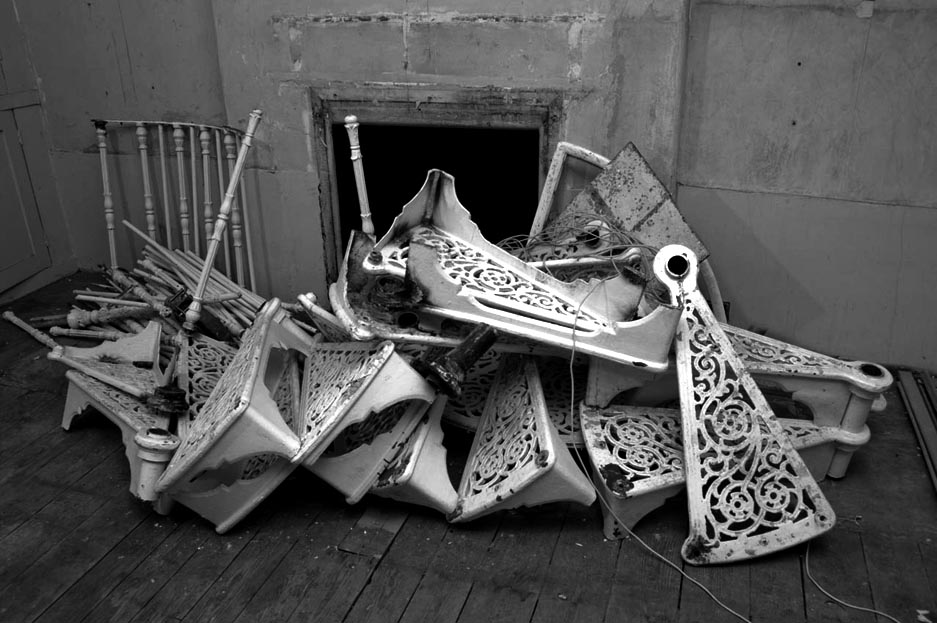The Party Wall Act (1996) makes you responsible in England and Wales for damage that your project might do to your neighbour’s property.

These two examples show how renovators have found that having insurance in place prepared them for the unexpected.
The £1m cracks in the chimney
A contractor was undertaking demolition and refurbishment works at three 18th century properties. Two of these were to be demolished and rebuilt while the third was to be underpinned and refurbished.
A party wall policy was issued in the name of both the Employer and Contractor.
In the property being refurbished, plaster was removed from a section of brickwork and shortly after this a section of brickwork actually fell out of the chimney. Cracks developed and after two weeks, damage was at such a level that a Dangerous Structure notice was served, resulting in a requirement for demolition of the property.
The Party Wall Act (1996) makes you responsible in England and Wales for damage that your project might do to your neighbour’s property.
The advice of expert engineers was sought, and the opinion was that collapse was inevitable, although this could not have been reasonably foreseen. Therefore, indemnity was provided under the party wall policy.
The total claim payment was £993,903 including £7,402 expenses. The damages included £500,000 for demolition works and £393,000 building work.
The premium paid for the JCT 21.2.1 cover was £5,500.
Shop conversion sees damage due to underpinning
A contractor was carrying out the conversion of a 100-year-old shop and flats into a doctor’s surgery.
The works involved removal of the existing roof from both buildings, demolition of internal walls and floors and construction of a new wall. There was also some underpinning.
The first sign of damage was cracking in the bathroom of a neighbouring property sharing a party wall. An engineer’s inspection concluded that vibration/foundation adjustment from the underpinning work was responsible for the cracking.
Generally the re-adjustment of foundations after underpinning does not result in significant cracking to buildings. However, the conclusion was that damage occurred as a result of the underpinning and vibration by the works. Therefore, indemnity was provided under the party wall policy.
The claim was settled for £275,000.




